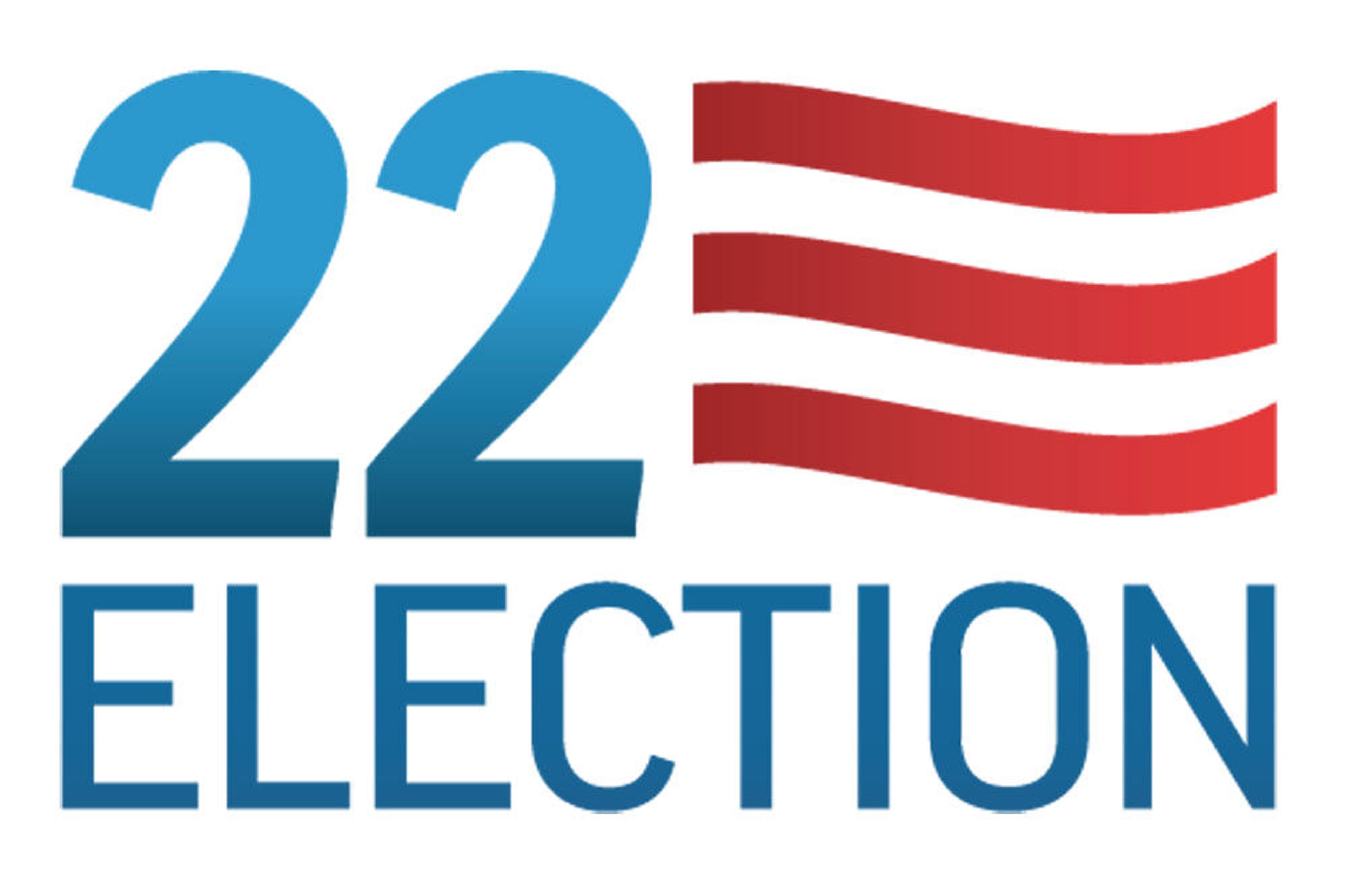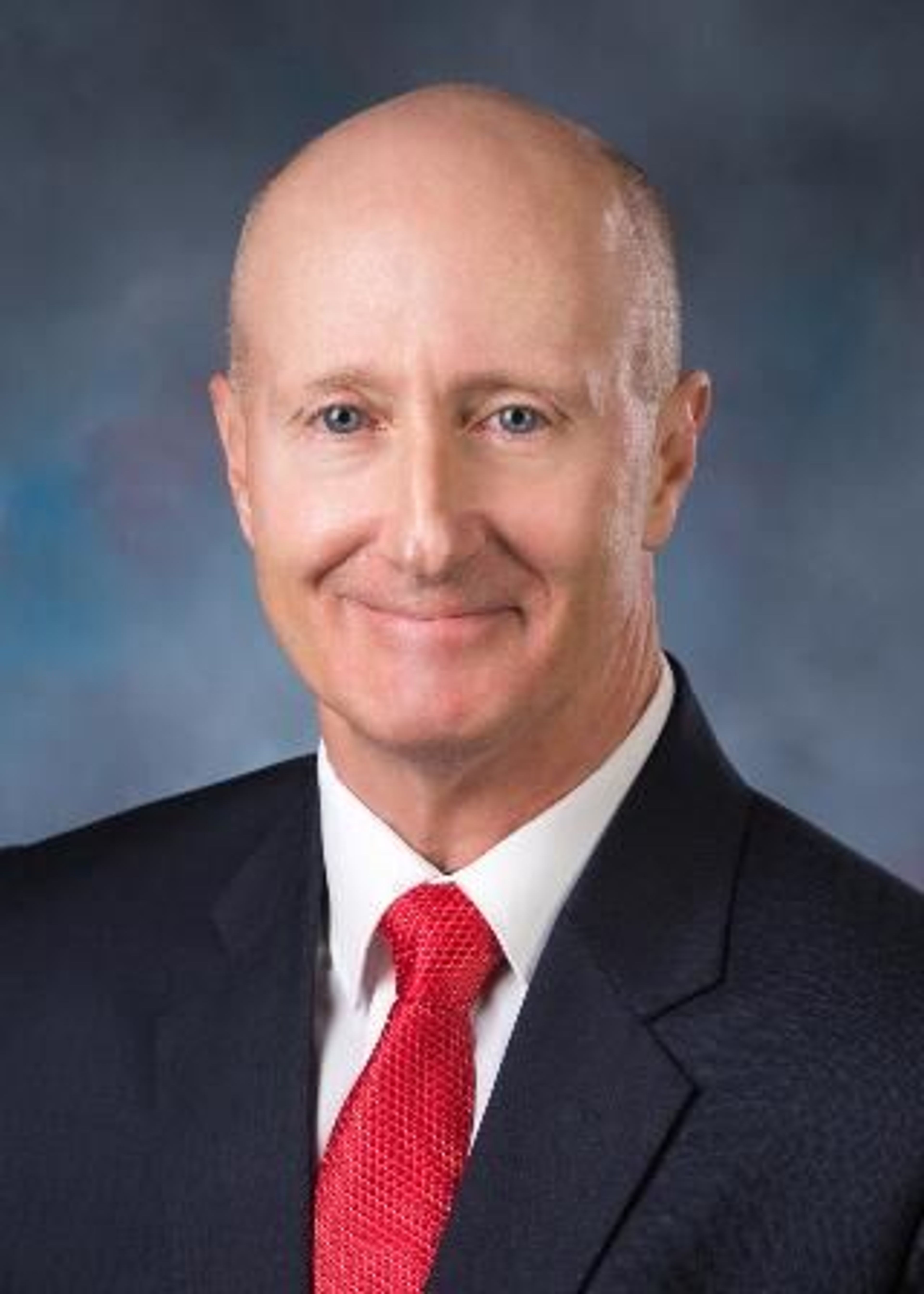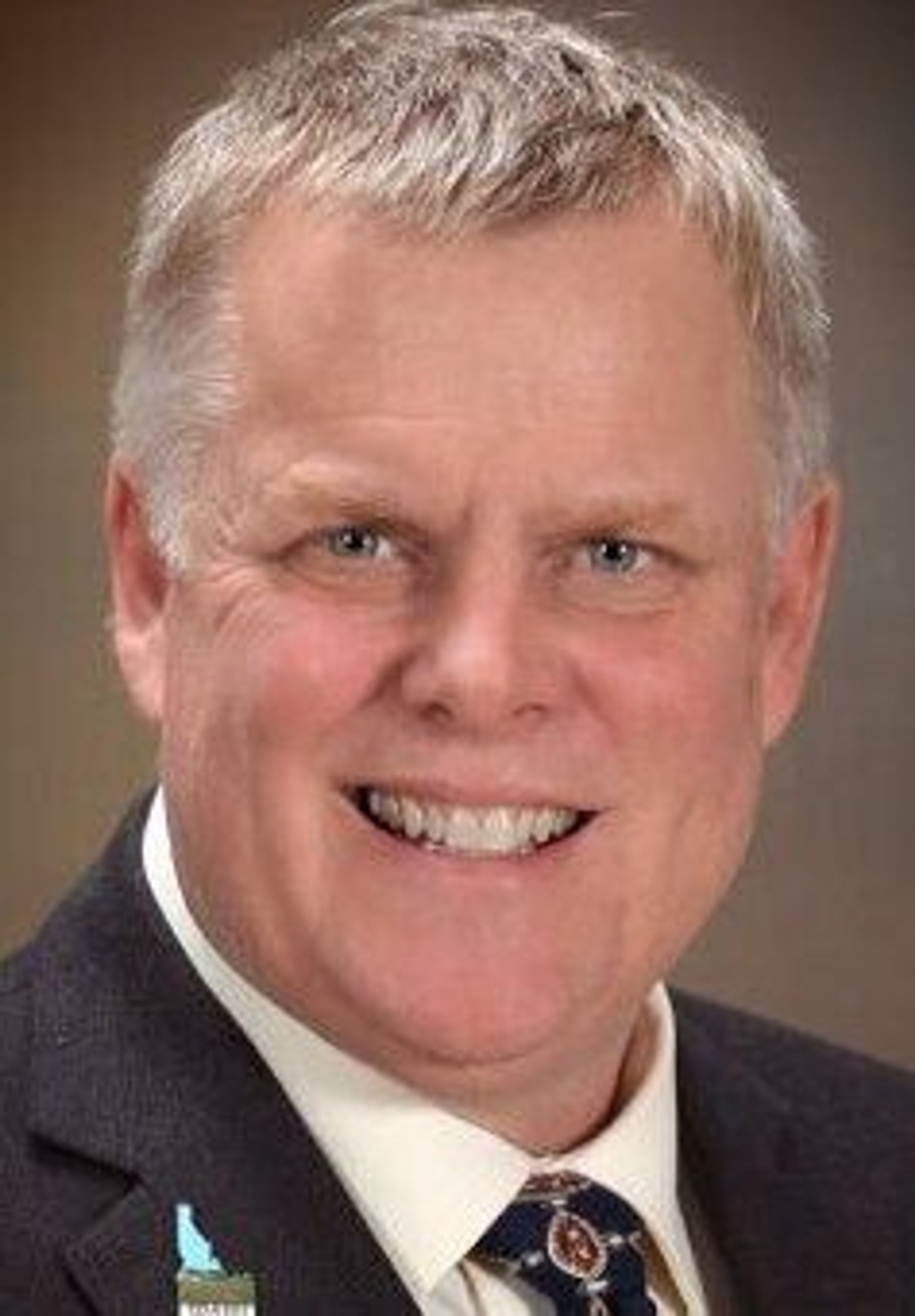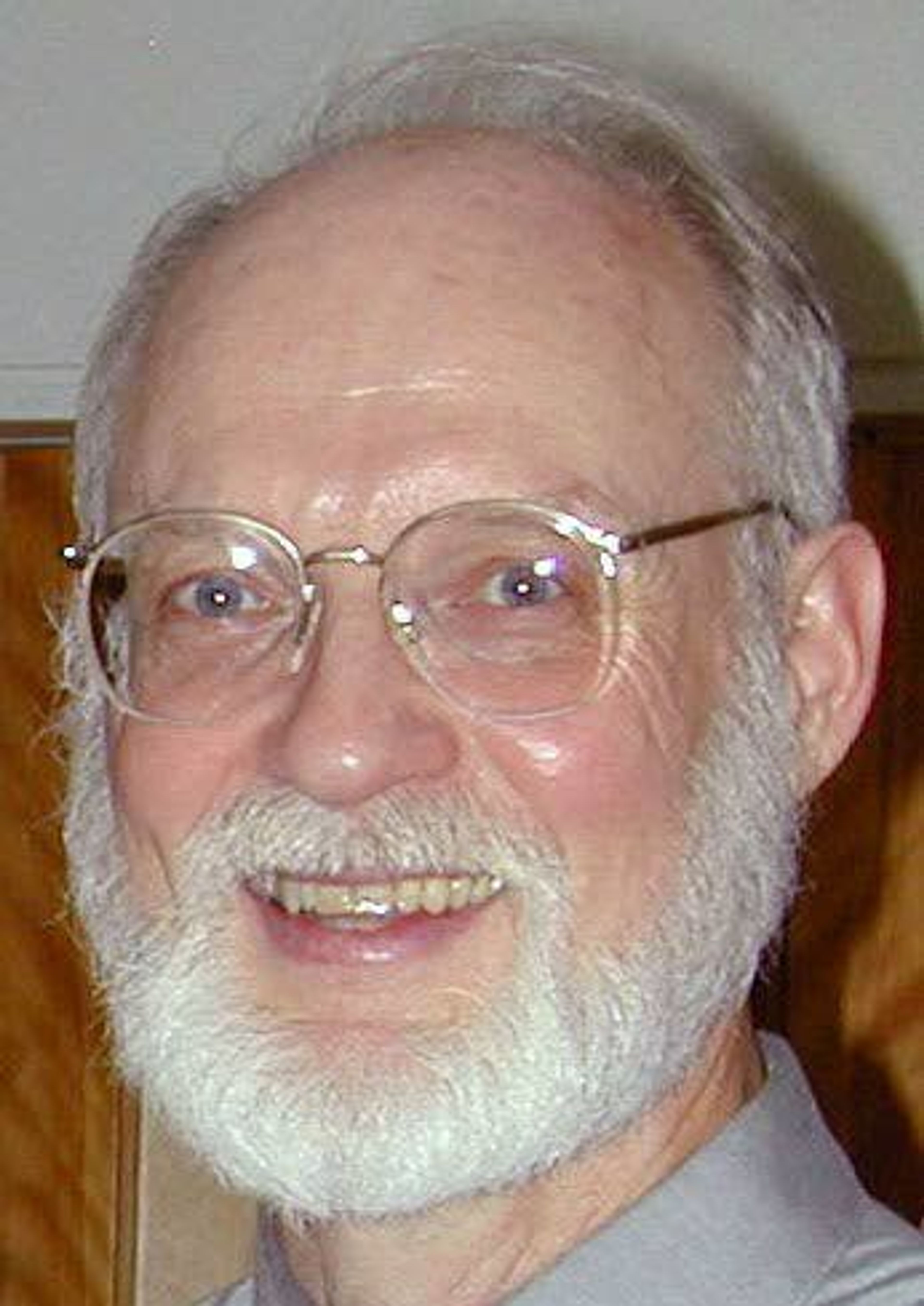IDAHO 6TH DISTRICT SENATE: ‘Nuremberg-style’ investigations versus school facilities
Whatever else one thinks about Idaho’s 6th Legislative District Senate contest, voters are certainly being offered a distinct choice.
The Republican in the race, former Sen. Dan Foreman, of Viola, said one of his top priorities will be to launch a “Nuremberg-style” investigation into how the state handled the COVID-19 pandemic.
“I believe Idahoans needlessly died and suffered and lost their life savings because of the way the pandemic was handled,” he said. “People need to know what happened, so we can make sure it never happens again.”
Foreman’s Democratic opponent in the race, two-term incumbent Sen. David Nelson, of Moscow, would rather focus on things like lowering property taxes, helping school districts replace aging infrastructure and providing more funding for mental health services.
“I think there’s a huge contrast between Dan Foreman and myself,” Nelson said. “He is an extremist who has his views, and if you don’t agree with him he won’t listen to you. I’m a proven commodity who listens and works collaboratively. If you want someone who can get something done in the Legislature, vote for me.”
A third candidate in the race, Constitution Party nominee James Hartley, did not respond to messages. He also didn’t take part in Wednesday’s Moscow Chamber of Commerce candidate forum (see related story above).
This is the third time Foreman and Nelson have faced each other in the general election.
Foreman was elected in 2016, representing what was then the 5th Legislative District, which included Latah and Benewah counties.
He lost his reelection bid to Nelson in 2018, by a margin of 56-44%, and then lost their 2020 rematch by a razor-thin 220 votes.
This time around, they’re competing in the newly redrawn 6th Legislative District, which includes Latah and Lewis counties, along with a small part of the Lewiston Orchards and the northeastern corner of Nez Perce County.
Foreman thinks the new district boundaries work in his favor.
“We picked up more registered Republicans,” he said. “There’s a large block of unaffiliated voters, but the Democrats and unaffiliated voters together don’t outnumber Republicans by much.”
Given the outcome of the May Republican primary, when several moderate Republican incumbents lost to more conservative candidates, Foreman also thinks his District 6 race could help tip the balance in the Senate.
“It hasn’t gone unnoticed that we have a large stable of conservative Senate candidates,” he said. “If we win the lion’s share of those races, it will be a completely new Senate, with new leadership.”
Foreman said the conservative candidates are “in communication with each other” and will come to the post-election organizational meeting in December prepared to nominate a slate of conservative Republican leaders.
“We’re loaded for bear,” he said.
Although he wouldn’t run for a leadership position for egotistical reasons, Foreman said, “if I think I’m the best person to be Senate president or majority leader, for the sake of Idaho I’d step up to get the job done. And I will get it done: Executive branch interference needs to end.”
Nelson was less enthusiastic about the possibility of a far-right takeover in the Senate. Among other issues, he thinks it has huge implications for school funding.
Although lawmakers set aside an extra $330 million for public schools during a one-day special session in September, Nelson thinks Republicans could try to siphons some of that away for private or religious schools, or for home-schooled kids.
“The results of the general election will impact that,” he said. “If the far right wins all four competitive Senate races (against Democrats), we could see them take control of the Senate.”
Aside from protecting classroom funding, Nelson wants to help rural districts find the resources to replace aging facilities.
“My plan would be to use some of the surplus revenue we have to create a matching fund, where the state pays a third or half the cost of a new school,” he said. “It also drops the threshold to approve a (construction) bond to 60%, but only if it’s on the ballot during a general election.”
School districts can hold bond elections several times during the year, but voter turnout is often minuscule. Tying the 60% vote to a general election, Nelson said, ensures a higher turnout, so the results truly reflect the will of the community.
Foreman said if he’d been in office for the special session, he would have “emphatically” opposed the decision to set aside more money for schools. He said it simply poured more money into a broken system.
“Money isn’t the key (to a good education),” he said. “It’s dedication and effort, having a good curriculum and having parents who value education. The system we have turns schools into a union-influenced cash cow.”
Inflammatory remarks were something of a specialty of Foreman’s during his one term in the Legislature. For example, he twice voted against the University of Idaho’s annual budget, saying it contained “too much pork.” He also referred to Moscow, the largest community in his district, as a “cesspool of liberalism.”
Saying the Legislature needs to conduct a “Nuremberg-style” investigation is similarly inflammatory, given that it refers to the Nazi war crimes trials held after World War II.
Foreman is unapologetic for using such terms.
“You can’t sugar coat the truth so it will be palatable to your listeners, because then it’s not the truth,” he said. “My constituents gave me that term. Individual rights were violated (during the pandemic) in the name of taking federal money. If saying that costs me votes, so be it. I’m not a politician; I am a Christian, conservative Republican. Watering down issues this serious is tantamount to lying.”
Nelson noted that he sponsored or co-sponsored several successful measures during the 2022 session, including a resolution raising awareness of the long-lasting impacts of childhood trauma and legislation to help school districts recruit teachers and administrators from out of state.
“I feel like I’ve figured out how to work well with my colleagues to get things done for the district,” he said. “I know how to work well with the Legislature and, more importantly, how to represent my constituents. There’s a big middle ground here who want to follow the rule of law and who don’t want to see our education system dismantled. Dan’s views haven’t changed from 2018.”
On Nov. 8, voters have the opportunity to decide which candidate best reflects their priorities.
Spence may be contacted at bspence@lmtribune.com or (208) 791-9168.
Age: 69
Office sought: Idaho’s 6th Legislative District Senate seat
Political party affiliation: Republican
Occupation: Retired; 11 years with Moscow Police Department and 30 years in the U.S. Air Force
Education: Business management degree, Bradley University
Family status: Married, seven adult children
Previous or current elected positions: Served one term in Idaho Senate, 2016-18
Web or social media site: Facebook – Dan Foreman for Idaho Senate
Age: 61
Office sought: Idaho’s 6th Legislative District Senate seat
Political party affiliation: Democrat
Occupation: Co-owns a business with his daughter offering e-commerce software; previously co-owned a company that sold energy management software, which was acquired by Yokogawa Electric in 2016
Education: Undergraduate and master’s degrees in chemical engineering, University of Idaho; doctorate in chemical engineering, University of Massachusetts
Family status: Married, two adult children
Previous or current elected positions: Two-term incumbent
Web or social media site: davidnelsonforidaho.com; Facebook — David Nelson, Idaho State Senator – District 6










